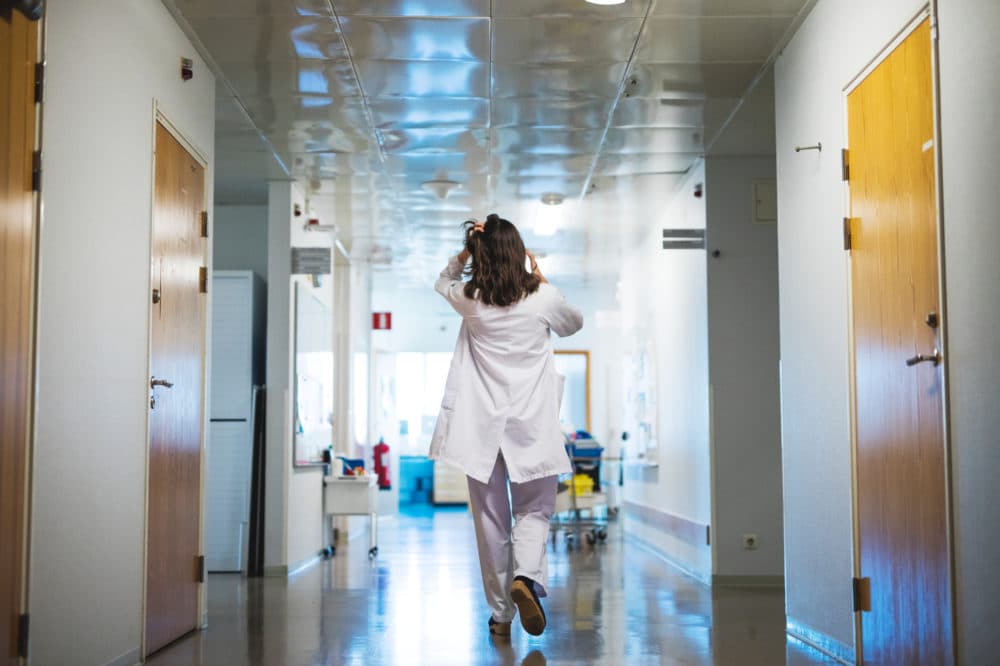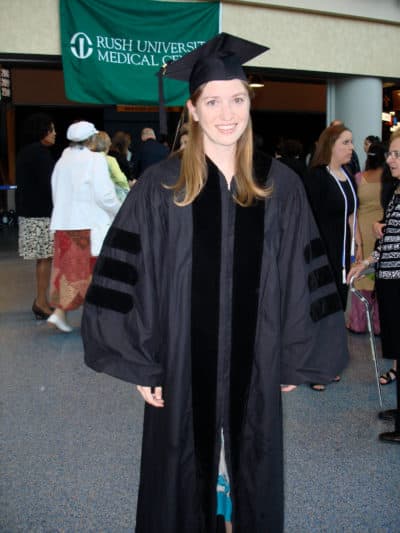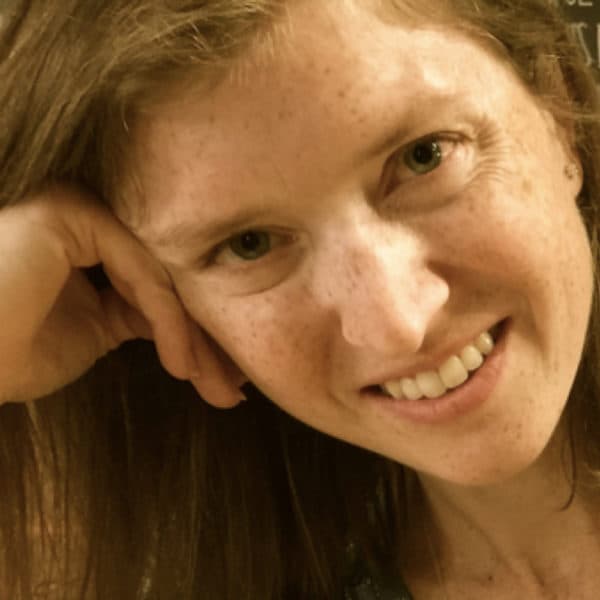Advertisement
Commentary
Why doctors like me are leaving medicine

You aren’t supposed to leave medicine. You aren’t even supposed to take breaks as you run straight through four years of medical school, one intern year, and four years of residency (and then, for many, fellowships). When I did take time off, I felt like an anomaly and a failure. I had hoped to work in a place that pulsed with humanitarian purpose, that was fueled by goodwill and kindness. I had wanted to help. Why then, did it so often feel like I was being held hostage?
The pathway from medical school to residency is as taut as a fishing line hooking a barracuda. Let go and the whole system is affected. The health of the American population needs 24/7 coverage, and shifts are calculated months — if not years — in advance, though your scheduled breaks will never be enough to catch your breath.
I arrived at medical school already burned out. Stressful, achievement-oriented years in high school and college, as well as sleep debt, had added up. In medical school that first year, after we bisected the skull on our group’s cadaver during anatomy, I felt something unhinge in my own mind. I only ever suffered one hallucination (of cadavers enjoying cards and a tea party in my living room), but I became closely acquainted with depression and suicidality. It turns out, I wasn’t the only medical student to buck under the pressure. Approximately one in four medical students show signs of depression, and one in 10 contemplate suicide.
I began to think that medical school wasn’t the right place for me, but when I asked to leave school, my dean offered a one-year leave of absence instead. I had always made choices in my life with the goal of keeping my options open. It seemed foolish to refuse him. I had invested years into the career already. Why throw that away?
You aren’t supposed to leave medicine. You aren’t even supposed to take breaks...
Medicine is like that. Just when you want to quit, they throw you a new carrot. First- and second-year medical students drink from a firehose of information, but third- and fourth-years finally get a chance to act as student doctors as they rotate through the medical specialties. True, the hours are tough, but just keep going. Keep searching for the field you’re meant to apply for. Besides, if you don’t apply to residency, how are you going to pay back your student loans?
Internship is life-draining, but you’ll learn a lot, and during residency, you’ll gain more authority each year you stick it out. Take your board exams along the way, and after seven to 10 years of post-graduate work, you will finally be a Board-certified attending physician, with an actual salary and malpractice insurance.

So, don’t go, the dean said. Spend just enough time away to recharge your batteries. Then return and finish what you started. Then spend the rest of your training explaining yourself. Explain why you needed a break, and then nurture your imposter syndrome every time you seem to be the only one who needs to take another one.
When I interviewed for internships and residencies, I was asked if I had considered doing anything besides becoming a doctor (I said teacher), or if anything might get in the way of my pursuit of medicine (I said I wanted to write but could always do that later). One interviewer asked, hypothetically, if I had an important flight to catch at the end of my shift (say a best friend’s wedding) but one of my patients was coding, would I leave the patient? Well no, of course not, I said. When you’re needed, you’re needed. You stay in a crisis. That was certainly clear. On the other hand, if it wasn’t a crisis, or if it wasn’t clear whether I was needed, I confided I might make another choice.
Advertisement
The burnout has always been present, but the pandemic has led to its acceleration. According to a 2019 report by the National Academy of Medicine, between 35 and 54 percent of American nurses and physicians felt burned out. Now, since February 2020, 18 percent of healthcare workers have left their jobs and another 31 percent of the remaining healthcare workers are considering leaving their employer.
In medical school, as we considered future specialties, we were told that emergency room physicians could expect to burn out within 10 years. Indeed, we have read about the trauma to emergency room physicians during the pandemic. One recent Atlantic article commented that healthcare workers likely will stay while they are needed but that the danger may come when the pandemic pressure lessens. Those who have been considering leaving may finally break free.
As an intern and then a resident, I wanted to be dependable, but I longed for a way out.
As an intern and then a resident, I wanted to be dependable, but I longed for a way out. I liked being needed, but I didn’t like the pressure to be a hero. I wanted more time to talk about bad outcomes, for my colleagues to engage me in studying what we could have done differently, or why the outcome was unavoidable. I also wanted more appreciation and more acknowledgment that a “bad day” wasn’t easy to shake off and start again. In the end, my hero complex and my deep fear of making a medical mistake pushed me to quit. By then, I had a six-month-old daughter. I had tried to continue to work after she was born in order to provide for her, until I realized I could be a better mother to her if I quit and let myself heal.
Though I left medicine before the pandemic, the stress, burnout and pressure that pushed me out the door are even worse thanks to COVID. When I read the recent report of healthcare professionals choosing to walk away, I felt vindicated that I wasn’t the only one who couldn’t handle it. A moment later, I regretted that so many healthcare professionals, like me, wouldn’t be there to help.
If I helped you as a doctor, I’m glad. If I didn’t, please know I wish I could have. There was a time I would have given anything to do so, and from here, 10 years removed from medicine, I wish we were more focused on changing the system so that people like me would be eager to stay.
